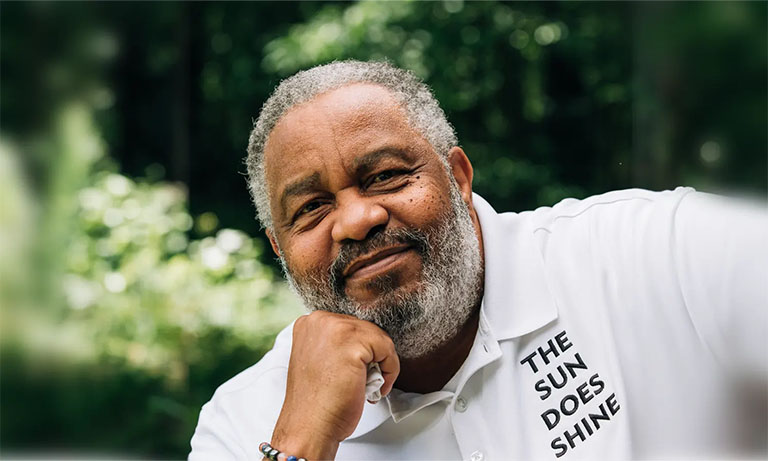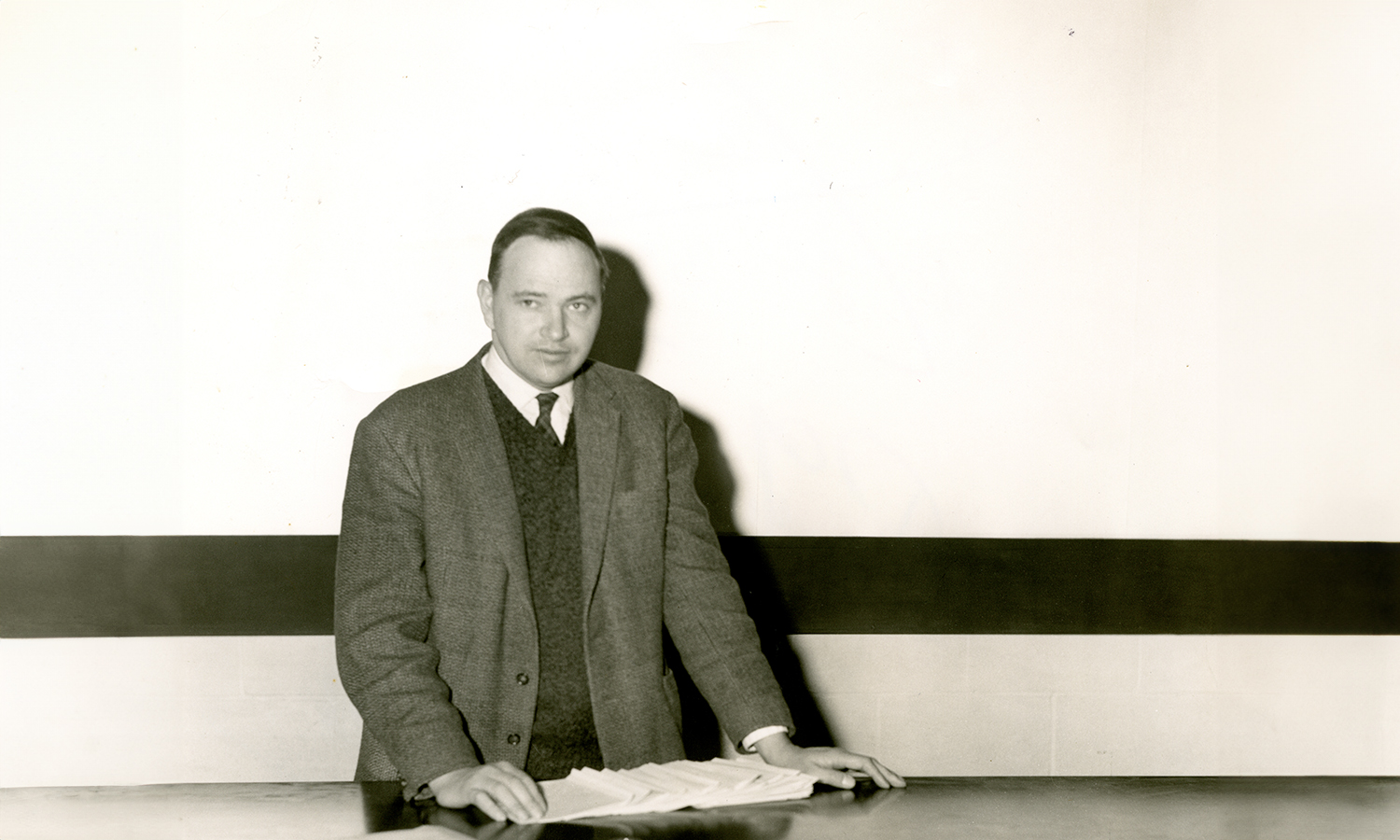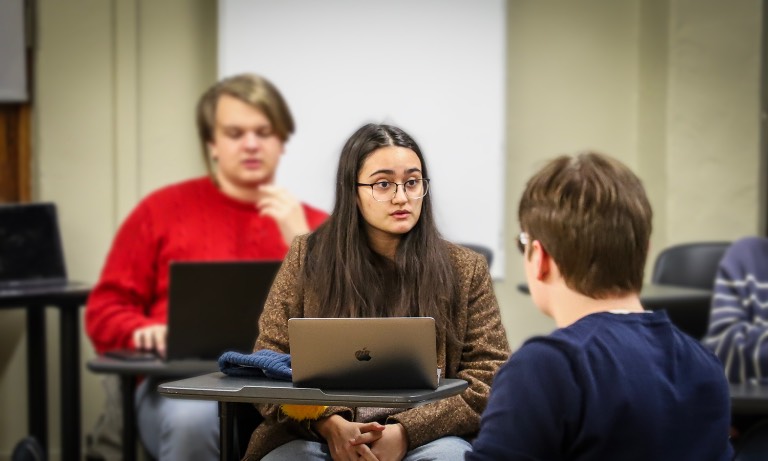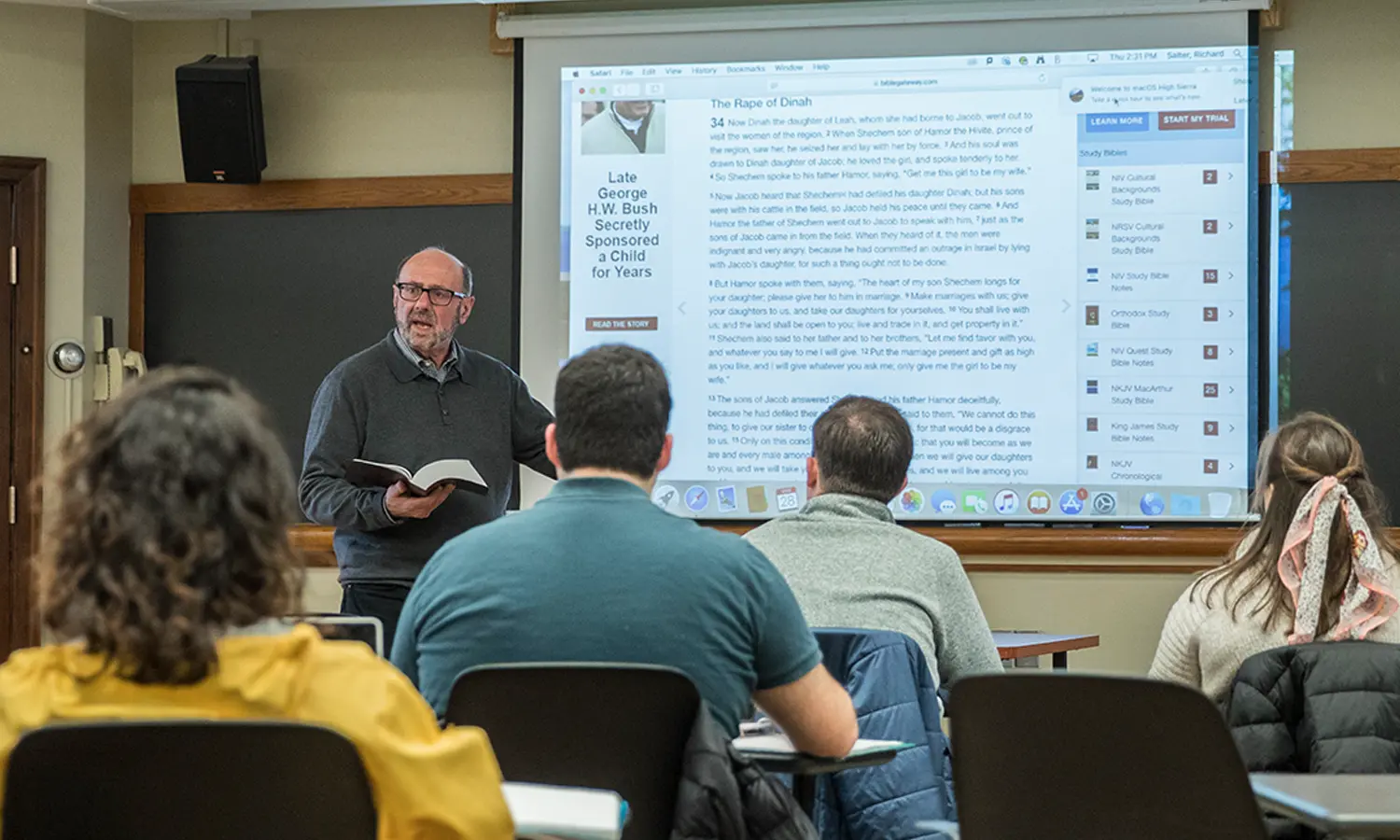
HWS News
19 February 2025 The Sun Does Shine
Former death row inmate to share his story and the reforms needed to prevent future injustices.
Anthony Ray Hinton spent 30 years of his life on Alabama’s death row after he was wrongfully convicted of murder based on flawed key evidence. With the assistance of the Equal Justice Initiative, Hinton was freed in 2015.
In 1985, Hinton was wrongfully convicted of the unsolved murders of two fast-food restaurant managers based on the testimony of Alabama state ballistics experts who claimed that bullets from the crime came from a revolver found in Hinton's mother’s closet. Without a qualified expert to contest the state's theory, Hinton’s lawyer hired a ballistics expert who was blind in one eye. An all-white jury then convicted Hinton, sentencing him to death. After years of efforts to have the revolver re-examined, three independent experts determined that the bullets could not have been fired from his mother’s revolver, leading to Hinton's release.
Now serving as a Community Educator with the Equal Justice Initiative, Hinton will share his experience and the need for policing reforms during the Human Rights and Genocide Symposium event “The Sun Does Shine: How I Found Life and Freedom on Death Row” on Monday, April 14 at 6 p.m. in Albright Auditorium. The event is free and open to the public.
Hinton will also visit students in “Behind Bars: Incarceration in America” with Sarabeth Rambold, a pre-doctoral fellow with the Fisher Center for the Study of Gender and Justice. The course traces the historical development of incarceration practices in the United States, from colonial penitentiaries to modern-day prisons, and explores the ways in which the prison system has shaped and been shaped by American society, institutions and cultural narratives.
“The Human Rights and Genocide Symposium is thrilled to bring Anthony Ray Hinton to campus,” says Blaize Gervais, the Dr. Richard “Doc” Heaton and Dr. Edward Franks ’72 Assistant Professor of Human Rights, Genocide, and Social Justice. “His life story—of wrongful conviction, perseverance and eventual exoneration—serves as a powerful reminder of the injustices suffered under our current justice system, without giving in to cynicism and despair. Mr. Hinton's message offers profound lessons about the systemic challenges we must confront, and the resilience needed to overcome them. I am grateful to the support of Dr. Edward Franks ’72, the Young Memorial Trust and HWS Student Government for making this event possible.”
The Human Rights and Genocide Symposium is a speaker and event series that explores a continuum of life-annihilating events and processes in our contemporary world. The symposium is generously funded by Dr. Edward P. Franks ’72.
Since his release, Hinton has traveled around the country sharing his story and discussing the changes that need to be made to prevent similar injustices from happening to other people. In 2018, he published The Sun Does Shine: How I Found Life and Freedom on Death Row, which was selected for Oprah’s Book Club and is a New York Times bestseller. In 2019 he was awarded an honorary doctorate from St. Bonaventure University and in 2023 he was awarded an honorary doctorate from Emory University.
The Equal Justice Initiative is a nonprofit organization that “provides legal representation to people who have been illegally convicted, unfairly sentenced, or abused in state jails and prisons.” In addition, the EJI works with communities that have been affected by poverty and discrimination and provides research and recommendations to assist advocates and policymakers in criminal justice reform.
Other support of this event comes from the Young Memorial Trust for International Peace and Understanding, which aids activities at HWS that foster international trust, understanding and peaceful relations among the nations and peoples of the world, particularly through instruction, symposia, addresses and awards.



